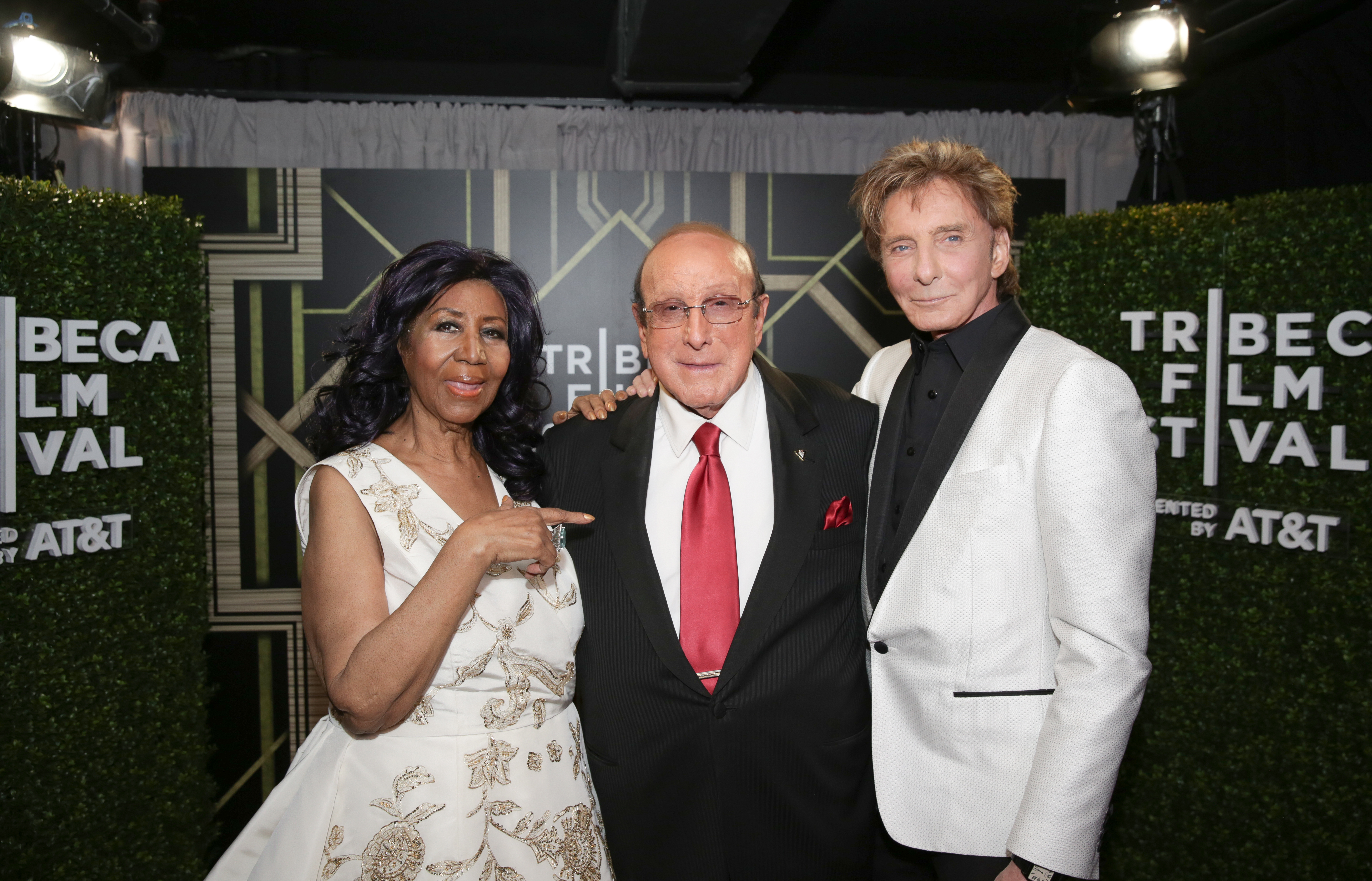I read this morning’s assassination attempt on Clive Davis by Jacob Bernstein in the New York Times Style Section with sadness and bemusement. Listen, Clive Davis has nothing to apologize for. To Melissa Manchester, or anyone else.
Bernstein has tried to find a lot of gripes among Davis’s stars as the documentary “Soundtrack of Our Lives” readies for a launch on Apple Music this Tuesday. Right now it’s playing at the IFC Center in Manhattan and at a theater in Los Angeles. Chris Perkel’s movie is nothing if not entertaining. And pretty much of all it ‘tracks’ and is verifiable, so I don’t know what Bernstein is trying to prove.
He tried to use Melissa Manchester as an example of someone who’s unhappy with Davis. Listen, when Clive found Melissa Manchester, she was a back up singer for Bette Midler. Carole Bayer Sager wrote her songs. In short time, Clive promoted Manchester singing Sager songs and got two really big hits– “Midnight Blue” and “Don’t Cry Out Loud.” A third huge hit, “You Should Hear How She Talks About You” won her a Grammy. What more does this woman want? Her whole career came from Clive Davis and Carole Bayer Sager.
Barry Manilow? His vast fortune and international stardom comes from Davis picking songs for him to sing, including “I Write the Songs”– which he didn’t write– and “Mandy.” Manilow wrote plenty of his own hits. And Davis released album after album even when Manilow was way out of fashion.
As for Whitney Houston: her struggles with sexual identity and drugs were not Clive Davis’s problem. Robyn Crawford was around for years. No one pushed Whitney into marriage to Bobby Brown and no one tried to get rid of Robyn except maybe Whitney’s own family, not Clive Davis. Regarding drugs — since I wrote about all this for years and Bernstein didn’t — Davis did everything to help Whitney, got her into rehab, got her sober coaches, etc. He wrote her an impassioned plea after the 20o1 Michael Jackson concert begging her to accept help.
Bernstein’s article just shows a huge lack of knowledge of that story. If you want to buy what’s put forward in Nick Broomfield’s “Whitney: Can I Be Me?” then go ahead. But that documentary is incomplete, it’s a theory that lacks facts. When Davis left Arista and started J Records, he couldn’t take her with him contractually. Bernstein doesn’t mention the huge amount of cash Arista paid Whitney as incentive to record with LA Reid. Or how Davis, when he could finally work with her again, brought in Alicia Keys to write what he hoped would be a hit single, and struggled to give Whitney a success.
As for this idea that Whitney sounded “too white”– really? “The Greatest Love of All” was written by two of the greatest songwriters of all time, Linda Creed and Thom Bell. Bell is black, Creed, sadly, who is gone, was white and Jewish. They wrote a lot of classic R&B songs*.) Davis put Whitney with Wyclef Jean for “My Love is Your Love,” which was a big return hit for Houston. On the album of the same name, Whitney sang with Faith Evans and Kelly Price, Missy Elliott, and Mariah Carey. Even her second album was produced by Narada Michael Walden, and had a mix of songs including one co-written by R&B great Chuck Jackson, and a cover of the Isley Brothers’ “For the Love of You.”
The point is not valid. Whitney’s music reflected radio and the kind of R&B that was popular in the 80s. So did the songs Aretha Franklin made for Davis in the 80s. And in Aretha’s case, she wasn’t going to keep making Jerry Wexler records. That era ended. Her career was totally revived, as was Dionne Warwick’s, by making contemporary records that allowed classy productions to showcase their unique voices. And the public loved them.
*updated and corrected 12/6/17

